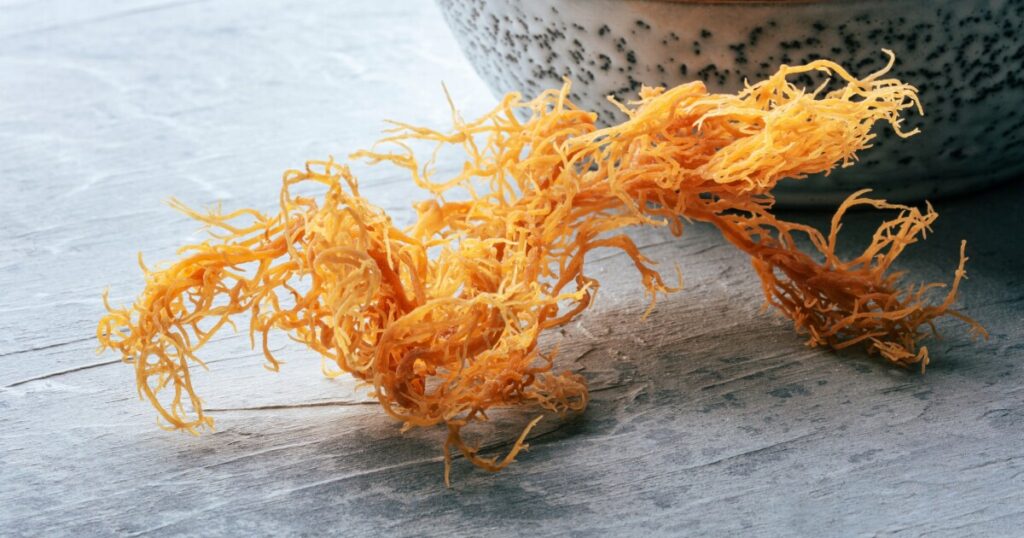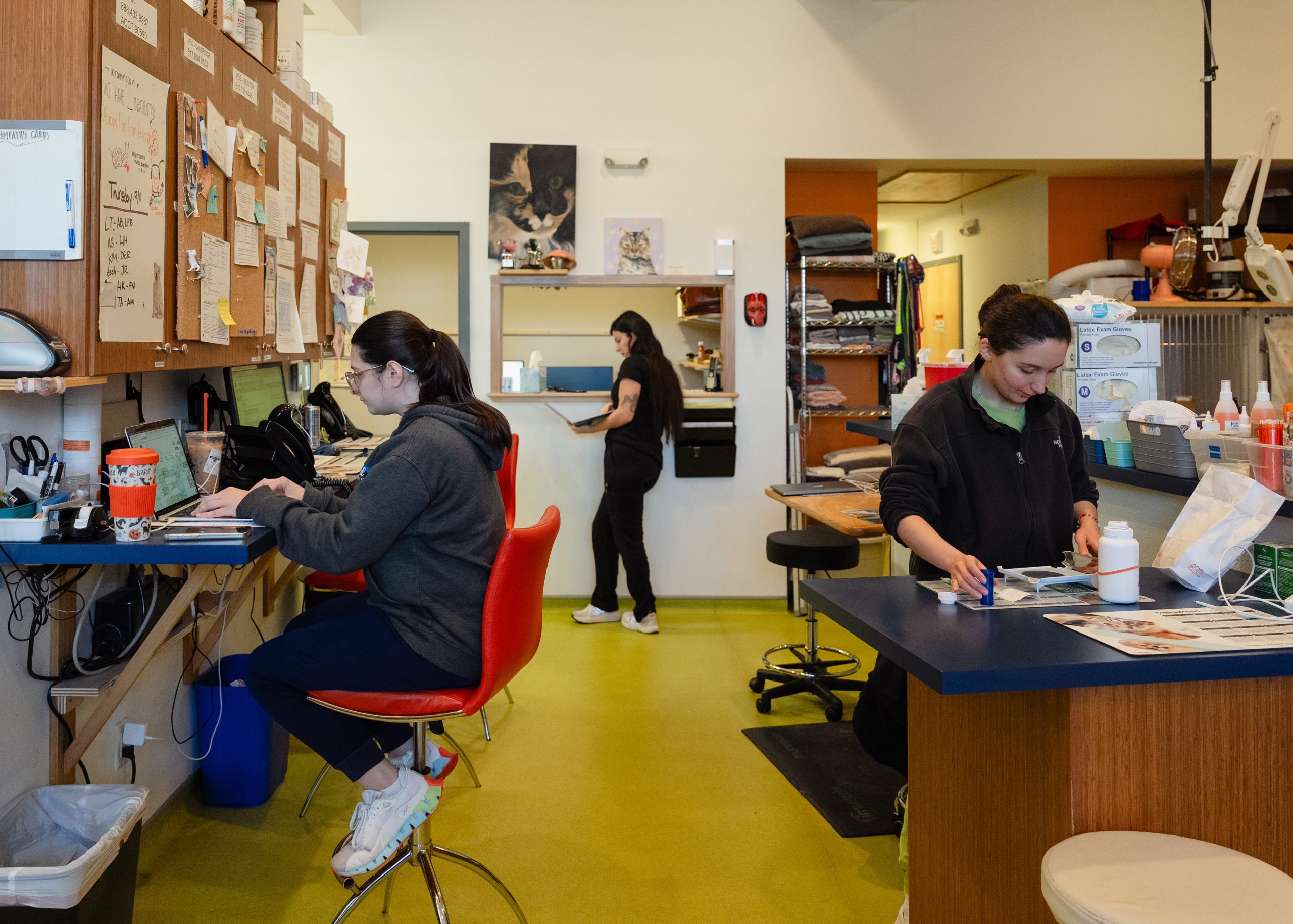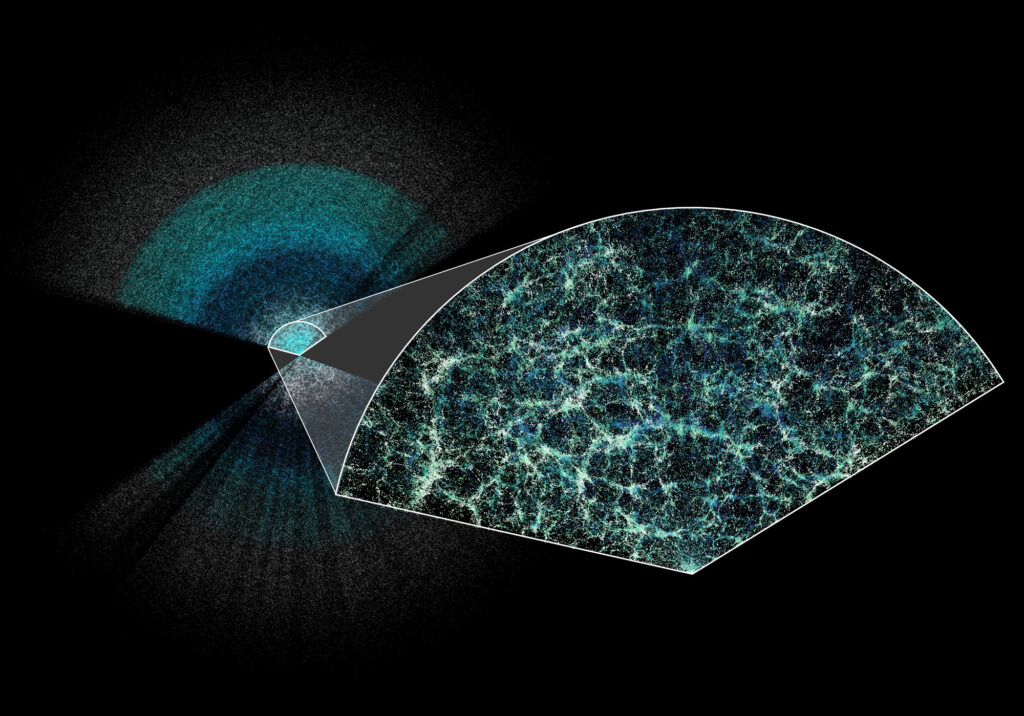Sea moss, a marine plant that thrives in the ocean, is capturing attention as a versatile superfood. Known for its nutrient density, sea moss is making waves on social media for its purported benefits, from enhancing gut health to improving skin appearance. But what exactly is sea moss and does it live up to the hype?
Sea moss is a term used to describe various red seaweed species found in both the chilly North Atlantic, particularly near Ireland, and warmer Caribbean waters, according to Vanessa King, a registered dietitian and spokesperson for the American Academy of Dietetics.
Chances are, you’ve already consumed sea moss unknowingly. Its carrageenan is widely used in the food industry as a thickening and emulsifying agent in products such as ice cream, puddings, and nut milks.
Nowadays, sea moss is available in various forms—pills, powders, gummies, dried flakes, and edible gel—making it accessible for those seeking its benefits.
With endorsements from celebrities like Kim Kardashian and Hailey Bieber, sea moss has become a popular component of wellness and beauty regimens, fueling a market expected to reach nearly $3 billion by 2030, as per Grand View Research.
The Claim
On platforms like TikTok, sea moss is hailed for its potential to clear acne, enhance skin radiance, improve digestion, boost energy, and aid in weight management and sleep quality. In the Caribbean, it’s also touted as a male libido enhancer, says King.
The Evidence
Despite its historical use for wellness, Vanessa King notes that there’s limited scientific evidence supporting the health claims surrounding sea moss. Most studies are conducted on cells or animals, which may not directly translate to human outcomes. “Even the human trials that we have are small and of short duration,” says Dr. Melinda Ring, executive director of the Osher Center for Integrative Health at Northwestern University.
Nonetheless, sea moss is recognized as a good source of fiber, antioxidants, vitamins, and minerals, including zinc, which can support gut health and the immune system. “So can it be potentially beneficial? Yes,” confirms Ring. “Can it be more beneficial than other sources? Probably not.”
The Risks
However, excessive consumption of sea moss carries risks. “One is that sea moss can accumulate heavy metals like arsenic, lead, and mercury, particularly if it’s been sourced from contaminated water. So that’s a big concern,” Ring warns.
A recent study indicated that consuming contaminated seaweed over time can lead to heavy metal accumulation in the body, posing health risks.
Additionally, sea moss’s high iodine content can affect thyroid health, especially in individuals with thyroid disorders or those who are pregnant or breastfeeding. It also contains vitamin K, which may interfere with blood thinners.
If You Want to Try It
When considering sea moss supplements, be cautious. A study found that powdered sea moss exceeded California’s limits for cadmium and lead. Ring recommends opting for whole food or gel forms instead, to benefit from the fiber content.
Vanessa King advises choosing supplements tested by third parties to ensure their safety and authenticity. The FDA does not regulate supplements as rigorously as pharmaceuticals, so it’s crucial to verify their contents.
The Bottom Line
For those interested in sea moss, incorporating it into meals is a safer bet than supplements, suggests King. Alternatively, it’s perfectly fine to skip the trend, advises Diana Guevara, a culinary registered dietitian. While healthy, sea moss isn’t a cure-all.
“You know, we want things to be easy and quick,” Guevara remarks. Achieving good health involves a balanced diet rich in fruits, vegetables, and whole grains, she adds, a strategy well-supported by science.
—
Read More Michigan News










